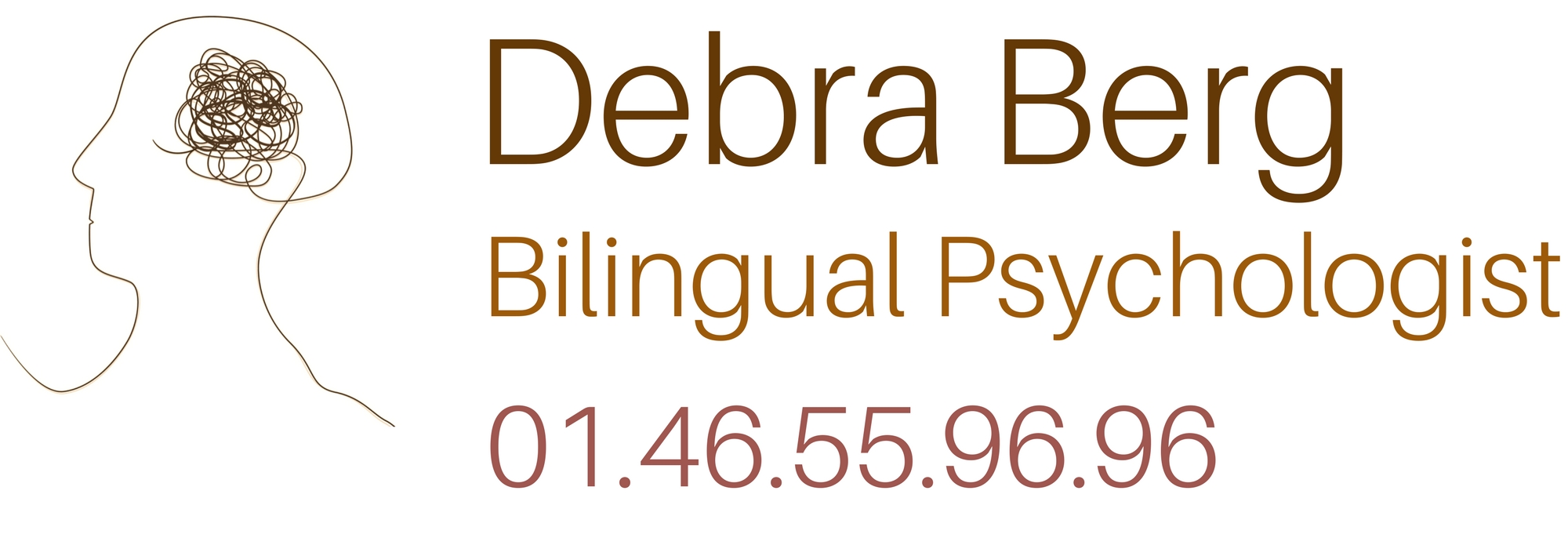Disclaimer: The following case is based on my professional experience. For obvious reasons, all names and any information that could be used to identify the participants have been changed.
Claire came to therapy overworked, feeling bad about herself and sleeping poorly. She wanted help to figure out her problems at work. Was her boss right? Was she really badly organized and inefficient? She was always running yet she could never catch up. Was there something wrong with her? Highly experienced, ten years in a field she loved, Claire felt overwhelmed and confused. What could she do to feel better?
The psychology of stress shows us that the distinction between “good” and “bad” stress is subjective. A certain level of challenge keeps us alert, on our toes and brings us the “good” stress that makes us feel alive. Beyond a certain threshold, however, when the intensity of an experience or requirements and requests surpass our capacity to adapt, our inner warning bells ring. This “negative” stress is the distress that motivated Claire to come in for help.
We began with the ABC’s of stress management: gathering as much information as possible about the Activating event and stressful situation, in Claire’s case, overwork. We also paid close attention to her Beliefs, thoughts and perceptions about A. At the outset of therapy Claire had a belief combining self-blaming and silence. She thought the work problem might really be all her fault and that she shouldn’t talk about it. So she just worked harder and harder. Holding these Beliefs about A resulted in the Consequence, the distress bothering Claire, manifested in the symptoms she complained of like muscle tension, headaches and insomnia.
Claire had gotten totally discouraged and her worries were spilling over after work into her family and social life. Action often has an anti-depressant effect. Coming to the psychologist’s office brought some relief since Claire was able to get things off her chest and feel understood without feeling judged. She increased her awareness of the many factors contributing to the problem at work, the Activating event.
We used EMDR to identify and free her from the negative Beliefs she held impeding her ability to speak up and counter criticism effectively. She now has somewhat new and more positive Beliefs about herself. As she gained self-assurance her analysis of the work problem became clearer. She found ways to have an impact on the Activating event, overwork, using the correct channels to influence her bosses and co-workers.
Some time in each therapy session was devoted to learning tools like breathing or relaxation she could use to diminish her symptoms of discomfort deliberately. She was able to determine the best ways for managing her stress with new knowledge of a range of options available to her. As she got results at work, her mood steadily improved, her symptoms began to clear up.
It may be time you got some counseling for your distress, to enhance awareness, modify limiting beliefs, gather tools to relieve uncomfortable symptoms and determine the best ways for you to manage your stress. It may be time you work with a therapist to learn the basics of dynamic stress management.
